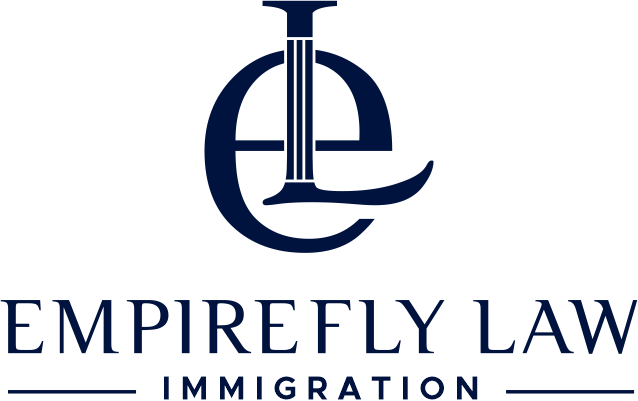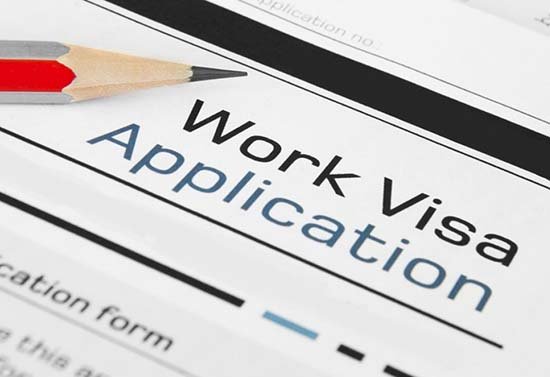For African entrepreneurs seeking to expand their businesses and gain access to new markets, the U.S. offers several immigration pathways. The U.S. is renowned for its dynamic economy, business friendly environment, and diverse entrepreneurial ecosystem, making it an ideal destination for ambitious African business leaders. Below, we explore the main pathways available for African entrepreneurs to immigrate to the U.S., along with the requirements, benefits, and challenges associated with each.
-
EB5 Immigrant Investor Program
Overview: The EB5 Immigrant Investor Program is a popular route for foreign entrepreneurs who can make a substantial financial investment in a U.S.based business venture. This program leads to permanent residency (Green Card) for the investor, their spouse, and unmarried children under 21.
Investment Requirements:
Minimum investment of $1.05 million in a U.S. business, or $800,000 in a targeted employment area (TEA) — a rural area or an area with high unemployment.
The investment must create or preserve at least 10 fulltime jobs for U.S. workers within two years.
Advantages:
Permanent residency for the investor and their family.
No specific language, age, or educational requirements.
Challenges:
High financial threshold.
Detailed documentation and proof of the lawful source of investment funds are required.
Steps to Apply:
Identify and invest in a qualifying business or project.
File Form I526, Immigrant Petition by Alien Investor.
Upon approval, apply for a conditional Green Card and later remove conditions after meeting the job creation requirement.
-
E2 Treaty Investor Visa
Overview: The E2 visa is for entrepreneurs from countries that have a commerce and navigation treaty with the U.S., allowing them to invest in and manage a U.S.based business. While not a direct path to permanent residency, it can be renewed indefinitely as long as the business remains operational.
Requirements:
Substantial investment in a U.S. enterprise (no set minimum but typically above $100,000).
Proof of ownership of at least 50% of the business.
Applicant must have control and play an active role in managing the business.
Benefits:
Renewable visa that allows for extended stays.
The investor’s spouse and children (under 21) can accompany them, with spouses eligible for work authorization.
Challenges:
Limited to nationals of countries with which the U.S. has a treaty (not all African countries qualify).
The E2 is not a direct path to a Green Card.
Application Steps:
Invest in or establish a business in the U.S.
Prepare and submit Form DS160 and supporting documentation to the U.S. Embassy or Consulate.
Attend a visa interview.
-
L1 Intracompany Transfer Visa
Overview: The L1 visa allows multinational companies to transfer key employees, including managers and executives, from an overseas office to a U.S. office. African entrepreneurs with established businesses abroad can expand their company operations to the U.S. using this visa.
Eligibility Requirements:
The applicant must have worked for the foreign business for at least one year in the past three years.
The U.S. business must be an affiliated branch, parent, subsidiary, or joint venture of the foreign company.
Advantages:
The L1A visa (for managers and executives) can lead to an EB1C Green Card for permanent residency.
Spouses of L1 visa holders can apply for work authorization.
Challenges:
Requires an established foreign business that can support the expansion.
Must provide evidence of the qualifying relationship between the foreign and U.S. entities.
Application Steps:
File Form I129, Petition for a Nonimmigrant Worker, for an L1 visa.
Attend a visa interview after petition approval.
-
EB1C Multinational Executive or Manager
Overview: The EB1C visa is a pathway to permanent residency for African entrepreneurs who meet the criteria for an L1A visa and wish to transition to a Green Card. This category is reserved for multinational executives or managers transferring to a U.S. office of their company.
Requirements:
Applicant must have worked as an executive or manager in the foreign company for at least one of the past three years.
Must be transferring to a similar executive or managerial role in the U.S.
Benefits:
Direct path to permanent residency.
Faster processing time compared to other Green Card categories.
Challenges:
Documentation proving the executive or managerial role and the relationship between the foreign and U.S. entities.
Steps to Apply:
File Form I140, Immigrant Petition for Alien Worker.
Proceed with consular processing or adjustment of status for Green Card approval.
-
StartUp Visa Options (Proposed Legislation)
Overview: The U.S. has seen efforts to introduce startup visa programs tailored for foreign entrepreneurs who wish to establish innovative businesses. While not officially enacted, it’s worth monitoring developments in legislation for potential opportunities.
Conclusion
African entrepreneurs have multiple avenues to explore when looking to establish themselves in the U.S. From investing substantial capital through the EB5 program to leveraging business expansion via L1 and E2 visas, each pathway comes with unique benefits and challenges. At EMPIREFLY Immigration Law Firm, we specialize in helping African entrepreneurs navigate these complex processes, ensuring they choose the most suitable immigration strategy for their needs. Contact us today for personalized guidance on your U.S. immigration journey.
Contact EMPIREFLY Immigration Law Firm
https://empireflylaw.com/contact
Your trusted partner in African immigration to the U.S. and Canada.



